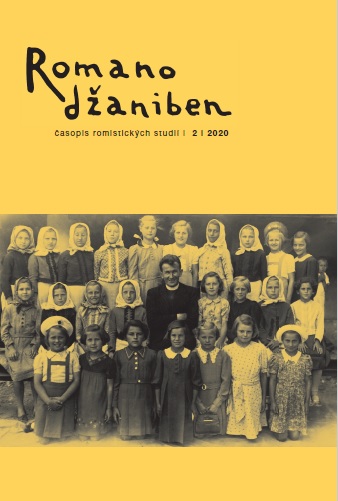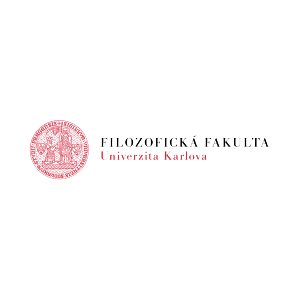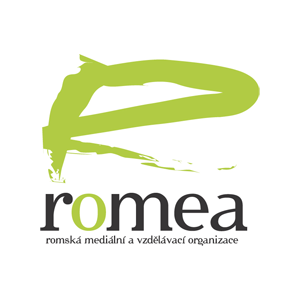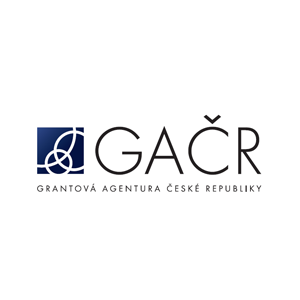The study is based on an analysis of applications for certificates under Act 255/1946 which has provided compensation the participation of Czechoslovaks in the national struggle for liberation during World War II and which was later followed by other laws on compensation. The study is primarily concerned with the applications based on racial persecution during war time. In her analysis of a sample of 93 requests by people imprisoned in the so-called Gypsy camp in Lety u Písku who applied for their compenstion during 1956–1998, the author focuses on the process of the recognition of their imprisonment in Lety as a part of the Holocaust of Roma. While examining the approach of three groups of actors in this process – the applicants, the state officials, and two intermediary organizations (Union of Anti-Fascist Fighters and Union of Gypsies-Roma) – the text concentrates on the difficulties in proving the imprisonment and in negotiating the recognition of racial persecution. It also provides examples of cases in which the reasons for persecution of the Roma on the basis of race were doubted.
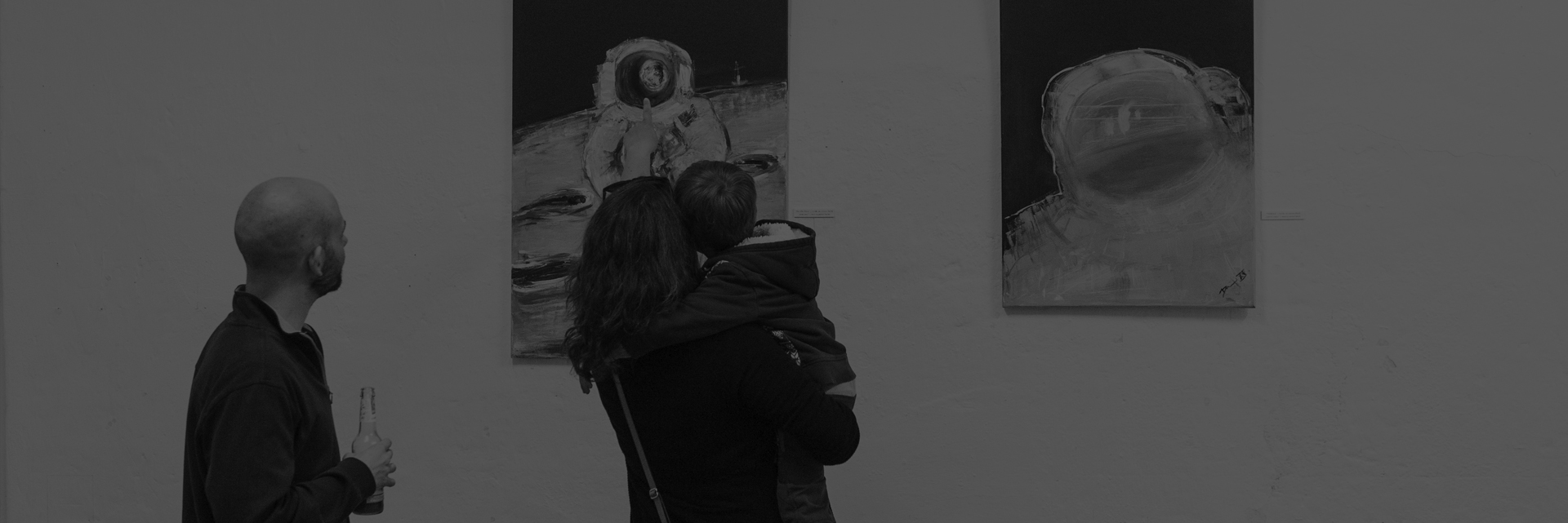






Pražské fórum pro romské dějiny
Ústav pro soudobé dějiny, AV ČR
